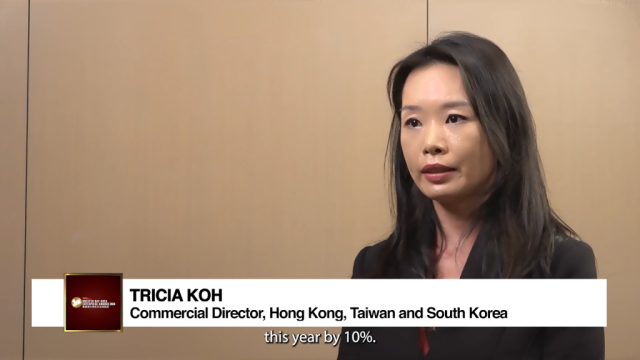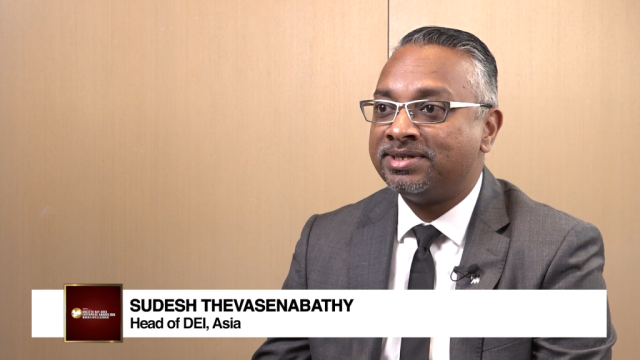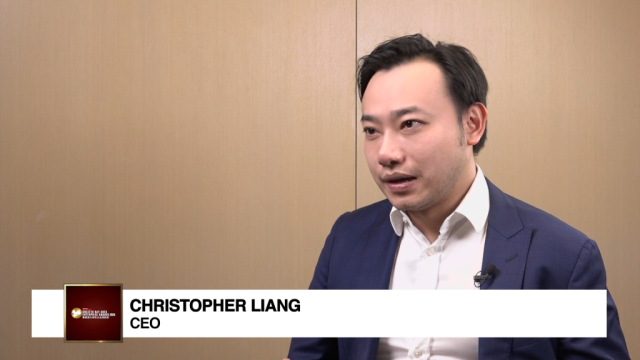The gender agenda: Promoting more women into top jobs
By George McFerranWorkforce diversity is rising up the agenda of financial-services employers in Asia as they seek to widen their talent pools, overcome skill shortages, boost retention, and improve customer relationships.
While diversity is a broad concept that also encompasses age, ethnicity and many other issues, I’d like to look at one of the most pressing concerns for companies: under-representation of women in senior roles.
Firms which foster an inclusive corporate culture can better attract the best talent. And the advantages of diversity go to the heart of financial services – clients.
Diverse workforces give employers a first-hand understanding of different markets and customers. This matters more and more as women become increasingly important decision makers.
Employers can already point to huge strides made at entry level. Thanks partly to university recruitment drives, many have achieved a roughly equal male/female split in their graduate intakes.
KPMG, for example, receives more graduate applications from women than men, but like other firms, the percentage of female employees declines after that. “The concern is now not so much at a junior level,” says Ayesha Lau, a partner at KPMG China and a member of the Women’s Commission in Hong Kong. “It’s about how we retain female staff, especially when their life changes due to family commitments.”
Employers have already implemented policies to boost senior-level diversity. In a recent survey by my company (based on replies from 363 financial professionals in Hong Kong), 64% of respondents thought that women were equally represented in senior ranks – an encouraging result.
Firms should build on recent successes and continue to make efforts to retain experienced women.
Women typically leave the industry not because they lack skills, qualifications and experience, but because their careers clash with their family responsibilities. Not surprisingly then, when asked to name the most effective diversity policies, respondents put flexible working first (34%). The second and third choices were cultural change (17%) and company targets on gender balance (15%).
Some financial jobs, particularly in front-office investment banking, are inherently inflexibility and require long, set hours in the office.
For others, employers should tailor polices to individuals, whether that’s time off for a specific purpose, adjusted daily hours, or working from a different location. And line managers should not measure performance by how long someone is in the office. Results matter more.
The importance attached to cultural change in the survey also makes sense.
For any policy to work, it must first become part of a company’s culture, supported by the leadership, not just by HR.
At a recent eFinancialCareers roundtable for HR professionals in Hong Kong, a representative from a Chinese firm admitted that flexible working was not acceptable in her workplace. “There is a policy of flexible hours, but in reality many supervisors do not encourage it.”
Flexible working will achieve more widespread acceptance if more male employees feel comfortable requesting it. Roundtable delegates said that men often perceived it as a career-limiting, “women-only” benefit. If both sexes supported the policy, it would become more acceptable for staff to work flexibly and be promoted into senior jobs.
Diversity strategies are wide ranging – gender composition targets, mentoring and leadership groups to name but a few – but the effectiveness of how they are communicated to staff must be called into question.
A worrying 49% of survey respondents had no idea whether their employer had gender-diversity programmes. This suggests that financial-services leaders need to talk more openly about achieving a balanced workforce. Supporting the diversity agenda in speeches and media interviews, and carrying out annual employee-engagement surveys are part of the solution.
But despite the low profile of diversity programmes at some firms, 64% of survey respondents expect the number of women in top positions to increase over the next five years. Employers who successfully promote more women into their senior ranks will be those whose diversity policies are promoted by the leadership, communicated to all staff, and entrenched in company culture.
The future expansion of the financial-services industry will centre on Asia, with skill shortages of experienced staff only likely to become more severe. Firms that are able to retain women as they advance up the career ladder will have a clear advantage in a competitive job market.























 Advertise
Advertise








